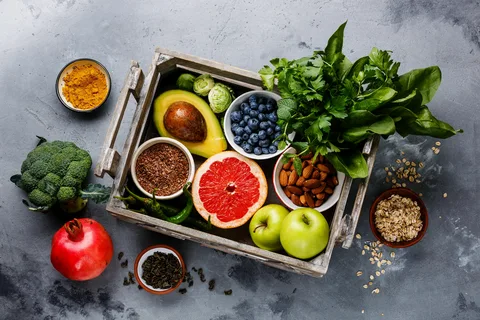Introduction
Originating from Southern China, Litchi chinensis is a small, uneven skin fruit called Lychee. Cultivated for its edible, red berries that range in taste from sweet to tart, and are known for their unique floral fragrance and juicy texture, the lychee has emerged as a favorite fruit in recent years due to its possible health advantages and nutritional value. But of course, there are some disadvantages that also should be taken into account while using this outstanding fruit. This article provides and analysis of the benefits and detrimental attributes of lychees in addition to their nutrient composition.

Gains and Nutritional Values of Lychees
1. A very rich source of vitamin C. Without doubt, vitamin C is one of the most pronounced nutrients that can be found in lychees. A 100 gram serving provides 72mg, which is 85% of daily recommendation of consumers. This antioxidant is good for the immune system, synthesizing collagen used in skin and tissues, iron absorption and protection against free radicals.
2. Rich in copper and potassium. The fruit also contains moderate amounts of copper and potassium for any human consumption. Copper is needed for making red blood cells, sustaining the nerves and the immune system while potassium aids in controlling the fluid levels, signals and blood pressure.
3. Comes with healthy flavonoid content. While the lychee skins and pulp have flavonoid compounds such as epicatechin and procyanidin B2. Such can work as antioxidants that minimize inflammation, enhance the function of the hearts, and possess anti-cancer properties.
4. Low glycemic index. Consumer reports indicate that lychees have a low to moderate GI scoring; therefore they have a GI of 57. This makes them be acceptable by people with diabetes to be used in their foods to regulate the high and low fluctuations.
5. Aids in Digestion and the brain. Oligonol phytonutrient is found in the pulp of the lychee fruit. It has been found that oligonol possesses antioxidant and anti-inflammatory effects that will lower the risk factors for dementia, improve blood circulation, and correct digestion problems.
6. Hydrating and energizing. Due to high water content the lychee is a good juice and the natural sugars plus vitamins are great for that much needed energy boost. Due to this, lychees make a perfect meal to supplement your day.

Harmful Effects of Consuming Fresh Lychees
1. Choking hazard. Since lychee fruit contains a hard outer skin and inner seed it is a potential chocking hazard particularly to kids if not well-processed. Supervise kids while eating.
2. Pesticide exposure. The majority of commercially grown Lychees involved pesticide spray during growing processes, and this results in formation of a chemical layer on the skins. Always ensure you wash the lychees before consumption so that the exposure to the same is limited as much as possible.
3. Contains fructose. However, although lychees are very low GI they have a decent amount of fructose which is a fruit sugar that can upset the stomach of so many people who suffer from fructose intolerance.
4. Risk of allergies. Lychees are closely related to a number of other fruit allergens including mangoes, bananas and avocados. Some of the symptoms of allergy, therefore, may be rashes, swellings, stomach pain and even inability to breathe. Remember to stop eating if you develop a reaction to the food.
5. Associated with transmission of diseases. The relationship between lychee consumption in some parts of Asia and Acute Encephalitis Syndrome and Hypoglycemic Disease have provoked interest in research but more so are needed.

Nutritional Information on Lychee Fruit
A 100-gram serving of raw lychee fruit contains:
– 66 calories
– 16.5g carbs
– 1.3g protein
– 0.4g fat
– 1.3g fiber
– 72mg vitamin C (85% DV)
– 0.1mg vitamin B6 (4% DV)
– 171mg potassium (4% DV)
– 0.1mg copper (8% DV)
– 31mg magnesium
– 10mg phosphorus
In conclusion
one can even group the sweet and perfumed lychee fruit with some other health benefitting nutrients including antioxidant and others such as vitamin C, copper and potassium in adequate amounts. Many of the fruits found in this part of the world can also improve the immune, cardiovascular, digestive and cognitive systems besides the skin. , but they could present certain hazards with allergy, pesticide intake, choking or digestion complications at times. Although there are many undesirable qualities that are associated with lychees, they appear to offer more positive aspects in the long run especially when taken in the right proportions in our meals plan. And just make sure that they are enjoyed cautiously and correctly for your personal capacity of your body.